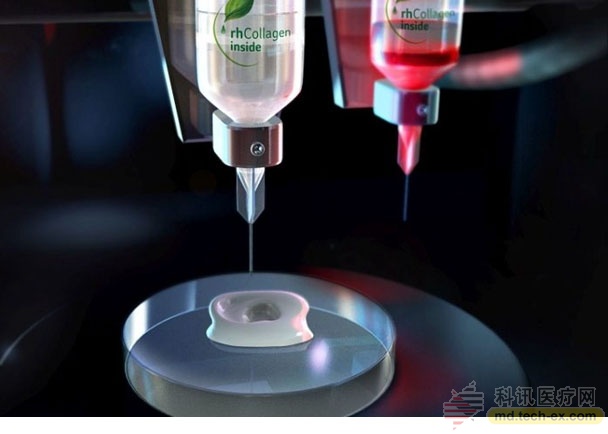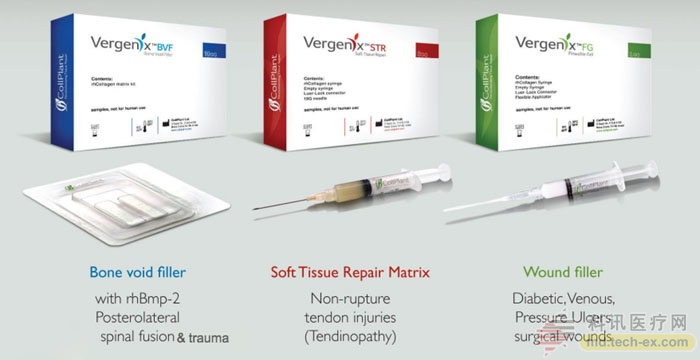Release date: 2016-06-06 This week, regenerative medicine company CollPlant announced that they have been approved by the chief scientist of the Israeli Ministry of Economics and will provide partial funding for their 2016 development. CollPlant is currently exploring new uses for human collagen-based medical products, including the development of a bio-ink material for 3D printing of human tissues and organs. It is understood that the 5.6 million NIS (about 1.45 million US dollars) provided by the chief scientist is expected to cover 50% of CollPlant's total research and development cost of 12 million NIS (about 3,174,800 US dollars). In fact, last year the company received 4.7 million NIS (about $1.22 million) from the chief scientist for the development of plant-based rhCollagen technology. CollPlant is an Israeli clinical stage regenerative medicine company. The company has developed a proprietary plant collagen material that can be used to organize tissue repair products. The advanced technology developed by the company is capable of rapidly and efficiently producing recombinant human collagen (rhCollagen), as well as several other patented recombinant proteins. Their rhCollagen technology was originally designed for orthopedic biomaterials or advanced wound care, but later the material proved to be very versatile and has been used in some advanced products. “We are pleased to receive approval from the Chief Scientist to fund CollPlant's development plan. The Chief Scientist's support over the years has demonstrated his trust in the commercial potential of our products. We are currently launching a new wound healing product in Europe, Vergenix FG's sales, and the distribution of Vergenix STR's products for the treatment of tendon in Europe, are negotiated with potential partners," said Yehiel Tal, CEO of CollPlant. It is reported that the company's approved development plan includes the use of CollPlant rhCollagen to develop a variety of collagen-based materials that can be used as 3D printed bio-ink materials, which can promote the natural development of human tissues. Bio-ink will be used to develop 3D printed organs as well as 3D printing for alternative tissues for wound and burn treatment. In addition, the chief scientist has funded a product for the treatment of tendon and ligament tears commonly found in anterior cruciate ligament (ACL) knee injuries. Both projects will use CollPlant's Vergenix STR (soft tissue repair matrix), a product originally used to treat tendinitis. It is understood that the company mainly produces rhCollagen materials by introducing five human genes essential for the collagen into genetically developed tobacco. Tobacco is chosen because it is a plant that grows easily, grows in most soil types or environments, and grows quickly and is easy to harvest. When the tobacco leaves are harvested, the rhCollagen material is finally produced after several purifications. The rhCollagen produced by this method exhibits excellent biological functions compared to collagen derived from animal or human tissues. Because rhCollagen is the same type I collagen produced in the human body, it has several typical advantages over collagen derived from animal tissues, including improved physiological function, superior uniformity, and a significant reduction in the risk of immune response. The company's rhCollagen range includes Vergenix STR for the treatment of tendon disease, vergenix FG (flow gel) for the treatment of acute or chronic wounds, and vergenix BVF (bone void filler) for spinal fusion surgery. . Source: Tiangongshe Sensor And Emergency LED Dustproof Fitting Sensor And Emergency Led Dustproof Fitting,Sensor And Emergency LED Dustproof Light Fitting Ningbo Wellway Optoelectronic Technology Co.,Ltd , https://www.wellwayopto.com
